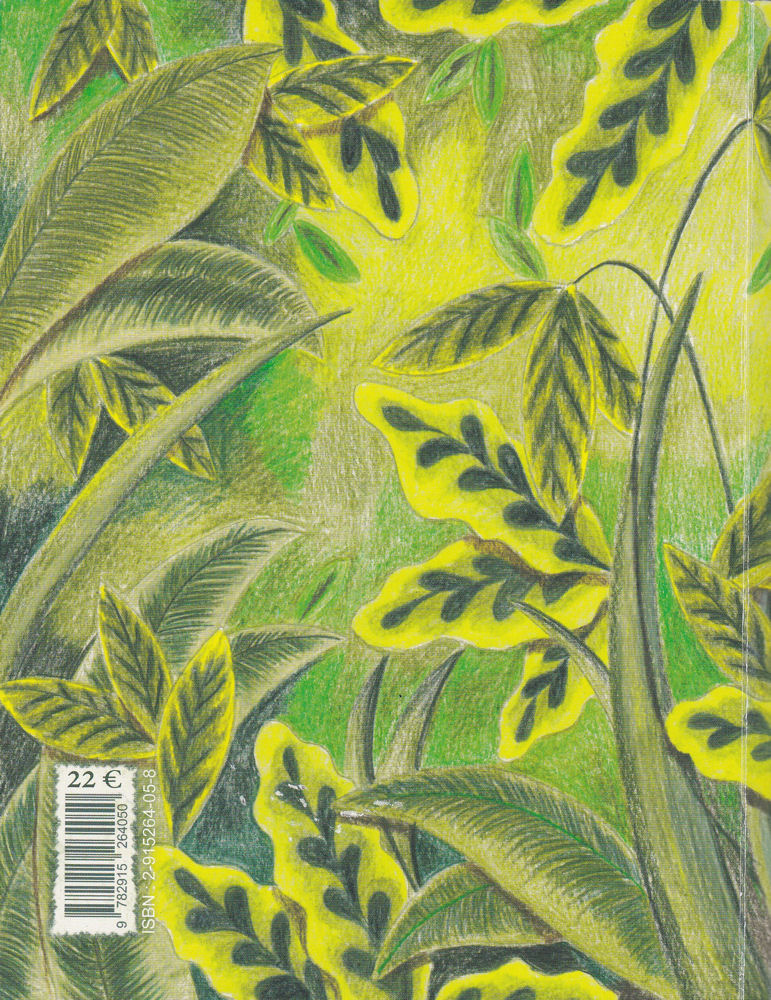

The women are a united, egalitarian sisterhood without traditional family units. The people of Herland are parthenogenetic: the women reproduce without a man fertilizing the ovum, and have been doing so for 2,000 years.

Herland is pristine: "a land in a state of perfect cultivation, where even the forests looked as if they were cared for, a land that looked like an enormous park, only it was even more evidently an enormous garden." Herland is scientifically advanced, but without much visible technology: industrial parks with factories and smokestacks are nowhere to be found. The civilization inhabiting Herland has eradicated poverty, disease, war and crime. The geography, flora and fauna, climate and weather provide an abundance of resources in absence of competition or environmental challenges. Gilman sets the stage for the perfect civilization with a lot of "perfect" preconditions. The country of Herland is described as geographically isolated, about the size of Holland, and populated by 3 million women. Her vision of the strong, independent woman is a rousing reminder that power comes from within before it is granted by others. The nature of both Herland's religion and educational philosophy are clearly at odds with their respective counterparts in the Victorian West.Ĭharlotte Perkins Gilman practices tasteful but potent social criticism by presenting us this inspiring alternative world that still contrasts strongly with the world we live in. As much as the women of Herland are different from their contemporaries, so are their cultural institutions. The general theme of the book revolves around the traditional male perspective on femininity clashing with a culture comprised of strong, independent women that evolved without having to define their identity in relation to another sex. Invited to stay, the men slowly assimilate into the novel culture of Herland, but not without effort. The explorers discover a secluded and undisturbed country inhabited by an ancient, all-female civilization. "Herland", written in 1915 by Charlotte Perkins Gilman, tells us the story of three male explorers on a peculiar expedition.

It's Always Sunny in Herland a book review by Ruben Schaer


 0 kommentar(er)
0 kommentar(er)
